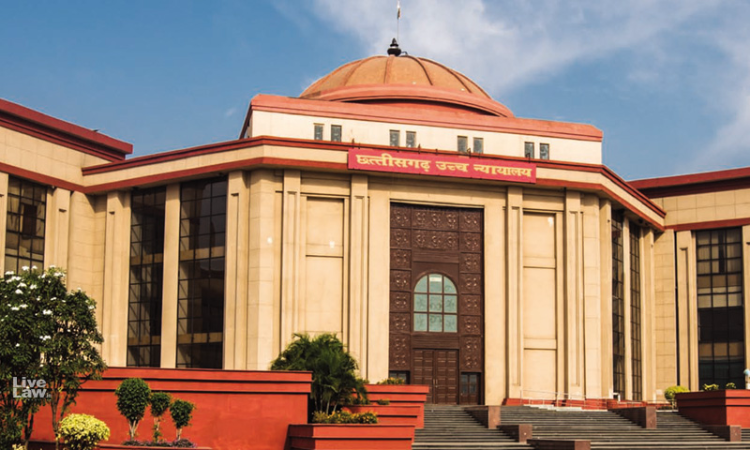Chhattisgarh Rent Control Act | 'Accommodation' U/S 2 Includes Superstructures: High Court
Hannah M Varghese
23 Dec 2022 10:00 AM IST

Next Story
23 Dec 2022 10:00 AM IST
The Chhattisgarh High Court recently held that a superstructure is included in the definition of 'accommodation' given under Section 2(1) of the Chhattisgarh Rent Control Act, 2011. A Division Bench of Justice Goutam Bhaduri and Justice N.K. Chandravanshi passed the judgment in a case where the tenant had challenged an eviction order passed by the Rent Control Tribunal arguing that the...
